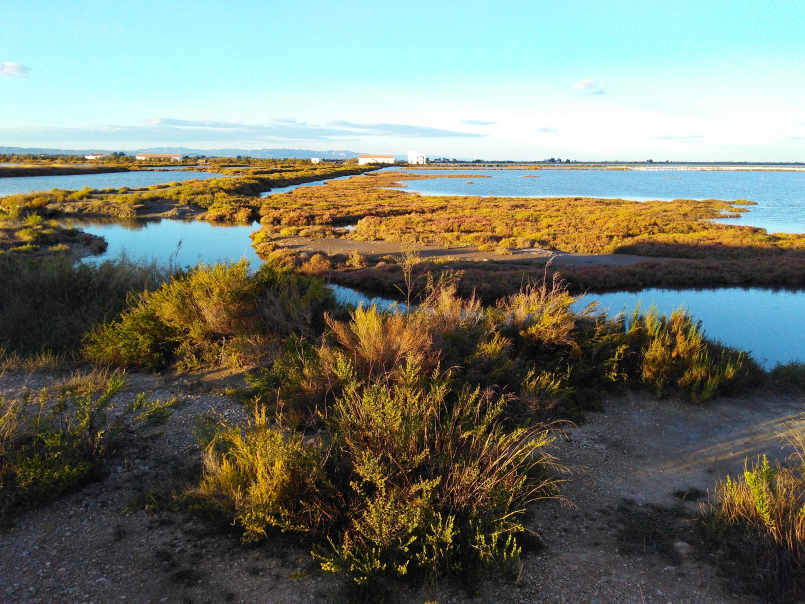Success and limiting factors:
The DELTA-LAGOON project achieved all the planned goals, though some actions were delayed, due to administrative problems between the Government of Spain and the Government of Catalonia. The main delay affected the restoration of rice fields back to coastal lagoon in Alfacada.
Demonstration and innovation goals under a sound scientific paradigm have been successfully implemented in the EBRO-ADMICLIM project. Relevant outcomes in terms of innovation have been developed, and the participation of stakeholders has been successful. The main limitation was the lack of support on sediment reuse from the River Basin Authority.
Budget, funding and additional benefits:
The total cost for the implementation of the DELTA-LAGOON project was 3.054.703 € (EU LIFE funding was 1.490.084 €). The main benefits brought by the project intervention are the restoration of wildlife habitats (62 ha of new habitats), the recovery of some protected species and the increased resilience of the lagoons and marshes against sea level rise. Economic benefits included the creation of jobs for the execution of the project and for the new visitor centre built in the Tancada lagoon. No monetary valuation of the benefits was carried out.
The total cost for the implementation of the EBRO-ADMICLIM project was 2,260,960.00 € (EU LIFE funding was 1,124,341.00 €). The main benefits of the project include: the testing of reuse of sediment of different origin, the implementation of agronomic practices reducing GHG emissions in the rice sector, the elaboration of sediment transport guidelines and the development of a sediment transport model (developed by the Universidad de Córdoba). The injection of sediments in the Ebro River and canals of the delta served as example for follow-up activities aiming to improve sediment input: a sediment by-pass at Riba-roja reservoir is currently planned.



